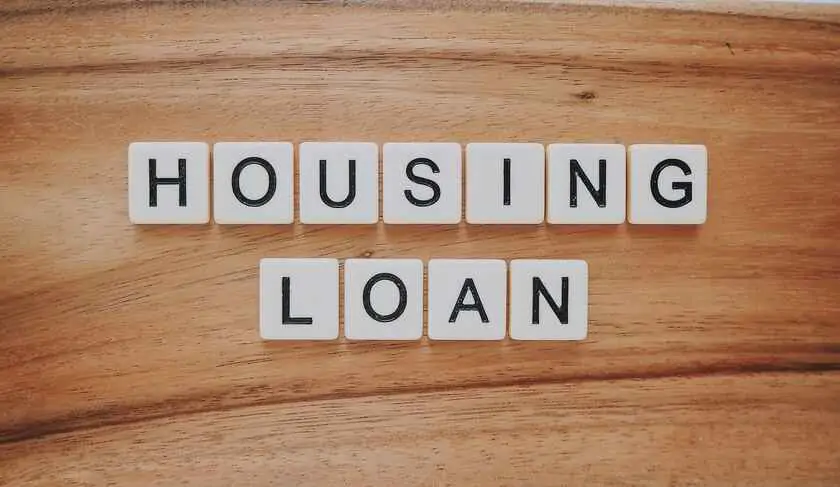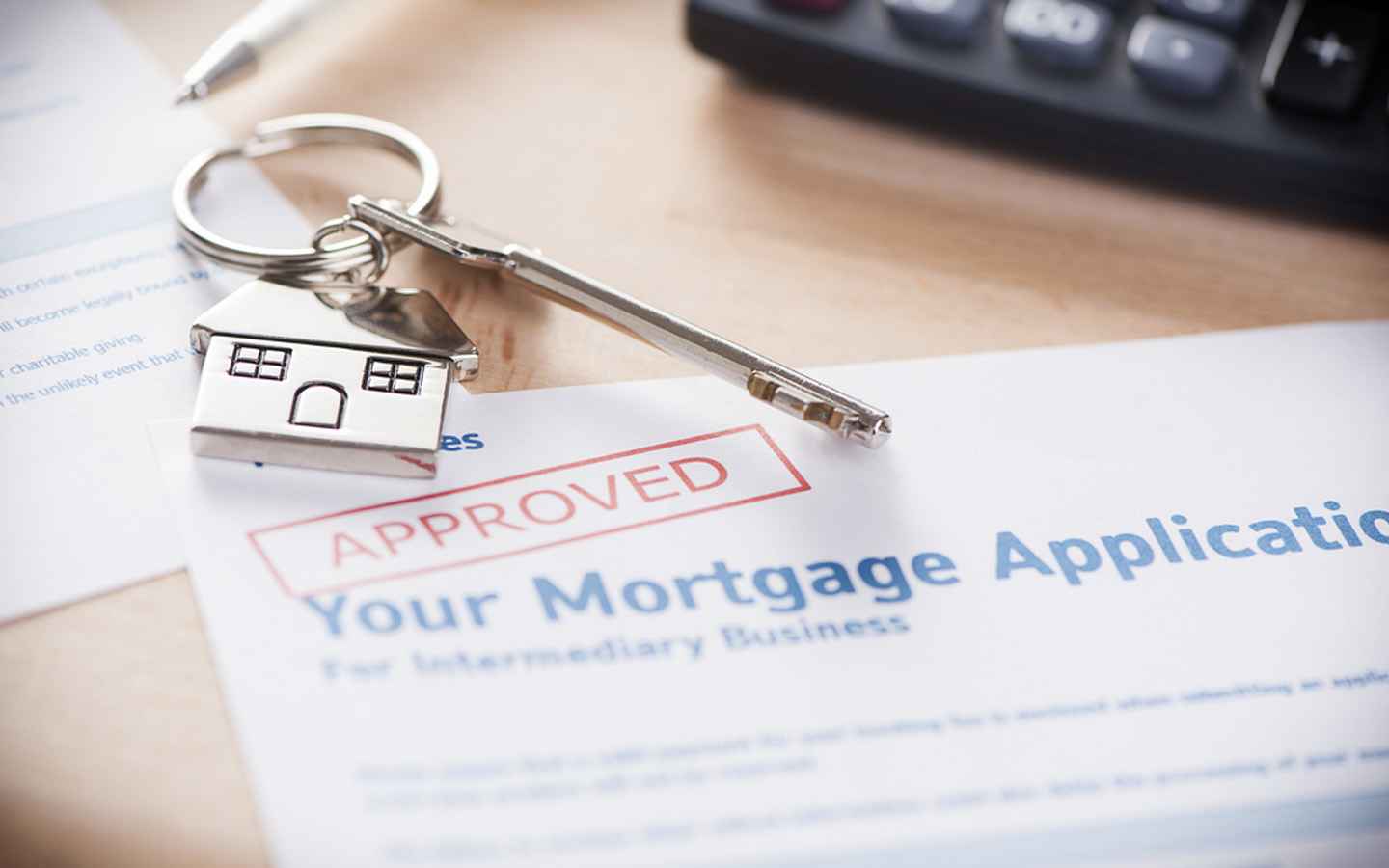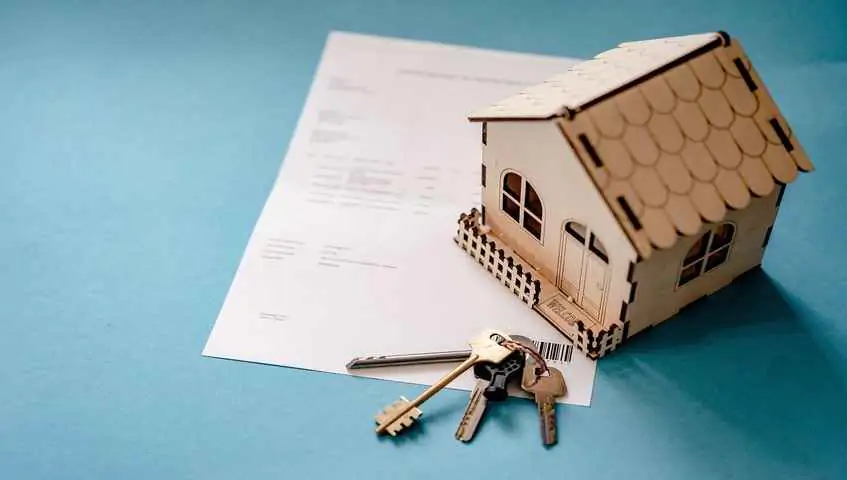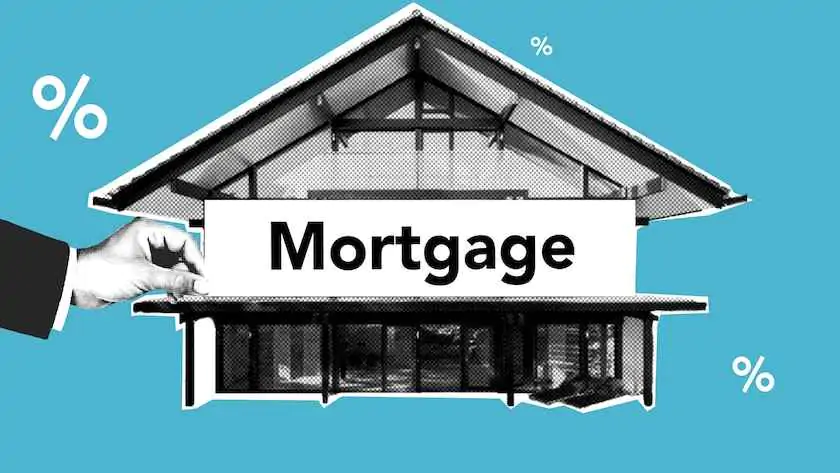Best Ways to Locate the Landlord, Who Owns This Land?
The daily responsibilities of a real estate investor are multifaceted and require adept management and resource allocation skills. Interestingly, one aspect of real estate investing that may come as a surprise is the need for investigative abilities. particularly when seeking to purchase without the knowledge of who owns this land. Identifying a landowner without any available information can be a challenging undertaking. However, knowing how to locate property ownership information can prove to be a valuable time-saving asset. Although it may seem daunting, there are several essential techniques for gathering information on unfamiliar properties. Once these strategies are mastered, investors can confidently pursue lucrative investment opportunities.
How to find the property owner?
Whether your goal is to purchase your dream house or you are an investor in search of the perfect rental, the initial inquiry you must make is regarding who owns this land.
There exist numerous methods for obtaining information about a property. Each of these methods may differ depending on the specific location, thus it is advisable to familiarize oneself with all of them. In certain situations, it may be necessary to employ multiple approaches in order to gather all the necessary details about land ownership. It is crucial to note that the techniques used here are most commonly utilized when purchasing an apartment in Ajman, UAE. The remaining methods may vary from one region to another.
Inquire about the current property owner
Moreover, approaching the door directly may result in direct interaction with the property owner. If the present occupant is a tenant or not the proprietor, they might be able to guide you to the correct location. It is customary for the existing resident to decline to open the door for unfamiliar individuals. In such circumstances, kindly leave a note containing your contact details so that the property owner can contact you if they are interested in selling.
Concern to county assessors for land owners
conducting a thorough search at the local county assessor’s office can provide valuable information regarding the property owner. This governmental entity maintains comprehensive property ownership records, enabling individuals to access the necessary details. By providing the property’s address or parcel number, one can obtain accurate information about who owns this land.
Recorder’s offices
Consult the county recorder’s office. This office maintains official records of property transactions, including deeds and titles. By reviewing these records, one can trace the ownership history and identify the current property owner. Some counties may charge a small fee for accessing these records.
An online search for land owner
Utilizing online property search databases can significantly expedite identifying property owners. Numerous websites offer user-friendly interfaces that allow individuals to search for property ownership details by simply entering the property’s address. These databases often provide comprehensive information, including the owner’s name, contact information, and even property tax records.
Real estate agents
Engaging the services of a professional title company or a licensed real estate agent can be advantageous in determining property ownership. These professionals possess the expertise and resources to conduct thorough investigations. After that provide accurate ownership information, while their services may involve a fee, they can save considerable time and effort in the search process. In cases where the methods mentioned earlier do not yield satisfactory results. It may be necessary to consult a qualified attorney specializing in real estate law. These legal professionals have experience in navigating complex ownership issues and provide expert guidance. In conclusion, finding the rightful owner of a property can be achieved through various effective methods. By utilizing resources individuals can successfully determine property ownership without any ambiguity.
Finel words
In conclusion, various methods exist to ascertain the property owner’s identity. These include conducting an online search, seeking assistance from sales agents and brokers, and utilizing other available means. IM Properties Real Estate boasts a team of seasoned property consultants who are ready to aid you in your quest. Take advantage of the opportunity for a complimentary consultation over the phone regarding properties in Ajman today!










